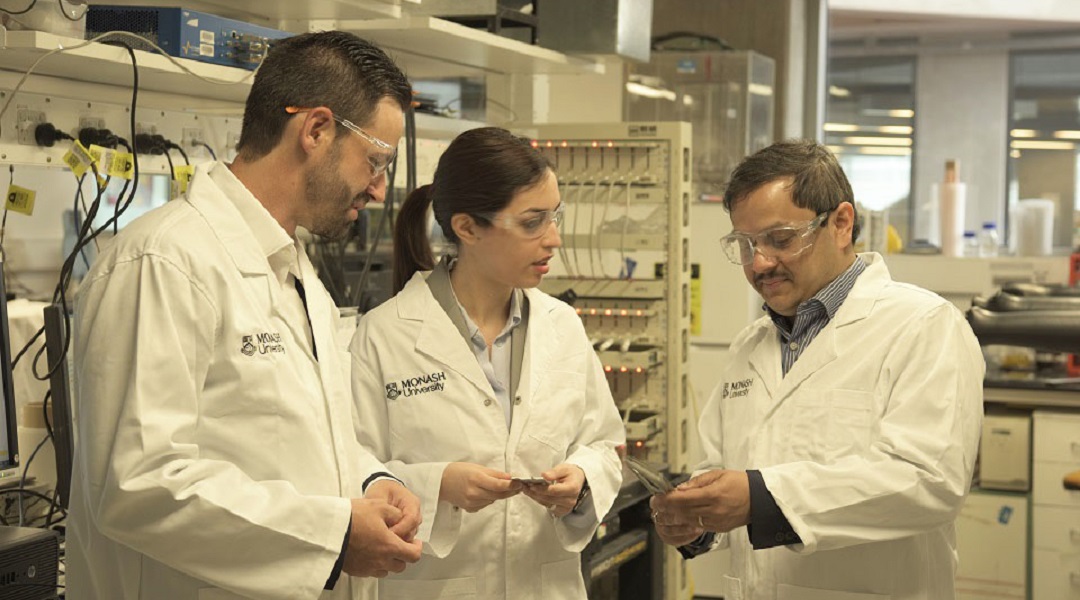Global warming is an increasingly pressing problem, as demonstrated by the current blazing fires in Australia, which began earlier than usual and are the biggest we have ever seen. To tackle this problem, researchers around the world are looking for new technologies that will help minimize the effects of global warming, such as reducing energy consumption or facilitating the transition to renewables.
To this end, a team of researchers at Monash University in Melbourne, Australia, has just taken a big step forward with the world’s most efficient lithium-sulfur (Li–S) battery.
The team, led by Professor Mahdokht Shaibani, developed the ultra-high capacity Li–S battery with better performance and lower environmental impact than current lithium-ion products. Their study was published in Science Advances. Reportedly, the battery design was inspired by unique bridging architecture first recorded in processing detergent powders in the 1970s.
The previous technique uses minimum amounts of a high-modulus binder between neighboring particles, leaving increased space for material expansion and ion diffusion. The team developed a similar method that creates bonds between particles to accommodate stress and deliver a level of stability not seen in any battery to date. Using the same materials in standard lithium-ion batteries, the researchers have reconfigured the design of sulfur cathodes to accommodate higher stress loads without a drop in overall capacity or performance.
More testing earlier this year
According to the researchers, the novel battery has the potential to power mobile phones for five continuous days or enable an electric vehicle to drive more than 1000 km without needing to recharge.
Now, the Monash researchers are on the brink of commercializing the Li–S battery, which could outperform current market leaders by more than four times. Some of the world’s largest manufacturers of lithium batteries in China and Europe have supposedly expressed interest in upscaling production. Further testing in cars and solar grids will take place in Australia in early 2020.
Clean and reliable energy
The researchers have an approved patent for their manufacturing process, and prototype cells have been successfully fabricated by partners in Germany. For co-author and professor at Monash University, Mainak Majumder, this development was a breakthrough for Australian industry because the Li–S batteries in cars and grids will capture a more significant part of the value chain of Australian lithium. Indeed, a successful fabrication and implementation could transform the vehicle market and provide a cleaner and more reliable source of energy.
There is a worldwide need for high-performance batteries with low manufacturing costs, abundant supply of material, ease of processing, and reduced environmental footprint. This makes the new battery design attractive for future real-world applications. Matthew Hill, professor at Monash as well as the University of Liège, and co-author of the study, said that the novel approach not only favors high-performance metrics and long cycle life but is also simple and extremely low-cost to manufacture, uses water-based processes, and can lead to a significant reduction in environmentally hazardous waste.

















